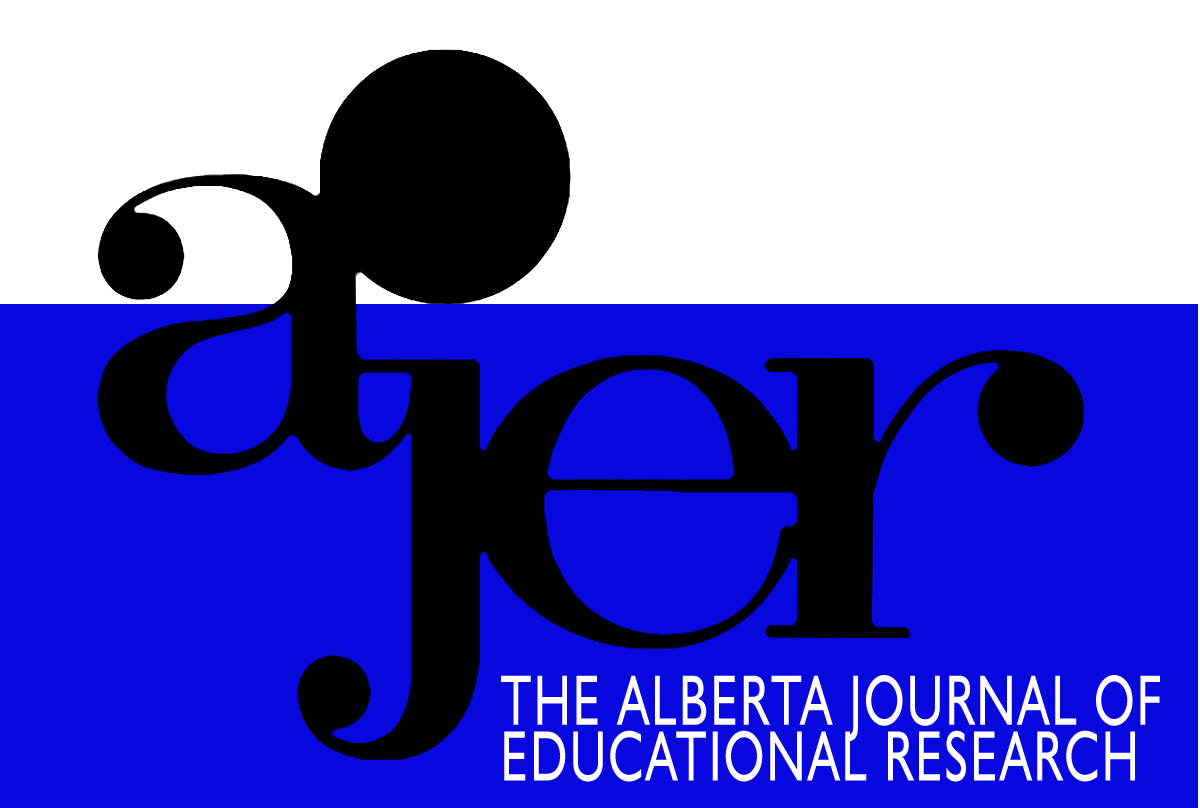Cultural Mismatch in Roma Parents’ Perceptions: The Role of Culture, Language, and Traditional Roma Values in Schools
DOI:
https://doi.org/10.55016/ojs/ajer.v61i4.56177Keywords:
Roma education, Cultural Mismatch, Equity, Culturally Relevant Pedagogy, Inclusion, Mots clés, éducation des Roms, inadéquation culturelle, équité, pédagogie pertinente sur le plan culturel, inclusionAbstract
This article draws on data from a two-year qualitative study exploring the factors contributing to Roma students’ disparate outcomes in Bulgaria. I utilize ethnographic observations, oral history, and in-depth interviews with twenty Roma parents to gain understanding of Roma children’s “cultural capital” and relation to formal schools. The article builds on theoretical orientations, generated primarily in the U.S., that emphasize strengths and the need for culturally relevant pedagogy, and explores the possibility to extend these to the case of Roma communities in Europe. The findings indicate that the traditional education of Roma children differs considerably from the mainstream values emphasized in Bulgarian schools. These include the practice of community-based, informal education, child independence, and early participation in adult life, which have the potential to make the transition from home to school problematic. I argue that if educational equity is the goal, policies and practices must shift their current focus from promoting a monocultural Bulgarian curriculum and pedagogical approaches to meaningful incorporation of culturally relevant content and creating educational environments conductive to Roma students’ learning.
Cet article se fonde sur des données provenant d’une étude qualitative qui a duré deux ans et qui a porté sur les facteurs qui contribuent aux résultats divergents des étudiants roms en Bulgarie. Mes données reposent sur des observations ethnographiques, l’histoire orale et des entrevues détaillées auprès de vingt parents roms et ce, pour mieux comprendre le « capital culturel » des enfants roms et leur relation aux écoles formelles. L’article s’appuie sur des orientations théoriques issues surtout de milieux américains et qui soulignent l’importance des bienfaits d’une pédagogie pertinente sur le plan culturel, fait valoir le besoin d’une telle approche et explore la possibilité d’appliquer ces orientations au cas des communautés roms en Europe. Les résultats indiquent que l’éducation traditionnelle des enfants roms diffère considérablement des valeurs communément soulignées dans les écoles bulgares; parmi les éléments divergents, notons la pratique d’une éducation informelle et communautaire, l’autonomie des enfants et la participation précoce à la vie adulte – facteurs qui ont le potentiel de rendre difficile la transition de la maison à l’école. J’affirme que si l’objectif est l’équité en matière d’éducation, les politiques et les pratiques doivent se détourner de la promotion d’un curriculum et d’approches pédagogiques homogènes bulgares vers une intégration significative de contenu culturel pertinent et la création de milieux pédagogiques propices à l’apprentissage par les étudiants roms.
Downloads
Published
Issue
Section
License
UNIVERSITY OF ALBERTA COPYRIGHT LICENSE AND PUBLICATION AGREEMENT
If accepted, authors will be asked to sign a copyright agreement with the following points:
A. Where there is any inconsistency between this Copyright License and Publication Agreement and any other document or agreement in relation to the same subject matter, the terms of this Agreement shall govern.
B. This document sets out the rights you are granting in relation to publication of your article, book review, or research note entitled (the “Article”) through inclusion in the academic journal titled Alberta Journal of Educational Research (the “Journal”) published through the Faculty of Education, representing the Governors of the University of Alberta (the “Journal Editor”).
C. There will be no payment to you for this publication and grant of rights. In consideration of the agreement to publish the Article in the Journal:
1. You are warranting that:
- the content of the Article is your original work, and its content does not contain any material infringing the copyright of others; or, where the Article is not entirely your original work, you have obtained all necessary permissions in writing to grant the rights you are giving in this agreement;
- the content of the Article does not contain any material that is defamatory of, or violates the privacy rights of, or discloses the confidential information of, any other person;
- the Article has not been published elsewhere in whole or in part, and you will not allow publication of the Article elsewhere without the consent of the Journal Editor;
- the names of all co-authors and contributors to the Article are:
2. You agree to license the copyright in the Article to the Journal Editor, on a worldwide, perpetual, royalty free basis; and to the extent required by the terms of this agreement. You shall retain the right at all times to be acknowledged as the/an author of the Article.
3. You further agree that the Journal Editor has the entitlement to deal with the Article as the Journal Editor sees fit, and including in the following manner;
- The right to print, publish, market, communicate and distribute the Article and the Journal, in this and any subsequent editions, in all media (including electronic media), in all languages, and in all territories, ing the full term of copyright, and including any form of the Article separated from the Journal, such as in a database, abstract, offprint, translation or otherwise, and to authorize third parties to do so;
- The right to register copyright of the Journal;
- The right to edit the Article, to conform to editorial policy as the Journal Editor sees fit.
4. If any co-author or contributor to the Article does not sign this agreement, the Journal Editor reserves the right to refuse to publish the Article.



